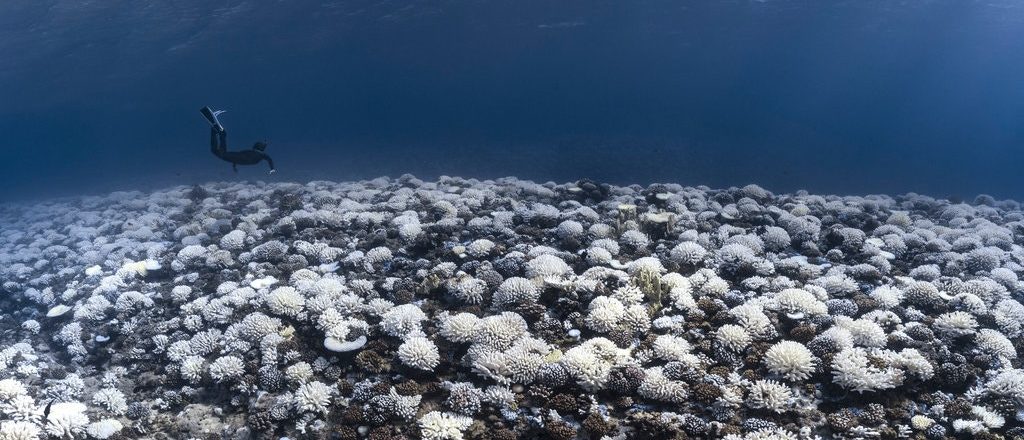NOAA’s Ocean Acidification and Global Ocean Monitoring and Observing Programs on behalf of the National Oceanographic Partnership Program (NOPP) are soliciting proposals focused on (a) expanding understanding of various aspects of marine Carbon Dioxide Removal (mCDR); (b) understanding associated co-benefits (including ocean acidification mitigation) and risks of marine CDR; and (c) the science needed to build building regulatory frameworks for both testing and scaling of marine CDR approaches. This knowledge will assist in the verification or invalidation of hypotheses regarding mCDR, in order to make informed decisions regarding a potential scaled negative carbon ocean industry.
To be eligible under this NOPP funding opportunity, each proposing team must comprise participants from at least two of the following sectors: academia, private sector (including Non-Governmental Organizations, or NGOs), or government (including federal, tribal, state, and local). Participants in this multi-agency request for proposals include: NOAA (Ocean Acidification Program, Global Ocean Monitoring and Observing Program, US Integrated Ocean Observing System/US IOOS), the Department of Energy (Fossil Energy and Carbon Management, Water Power Technologies Office), Department of Navy (Office of Naval Research), the National Science Foundation (Chemical Oceanography Program) and philanthropies including ClimateWorks.
View the FULL NOTICE OF FEDERAL FUNDING.
An informational webinar will be held on December 7, 2022 at 4-5 pm ET. REGISTER HERE.
Proposals that cover one or more of the research priorities below are requested. GOMO is specifically looking for proposals that cover focus area 4, and open to others as well (such as 3, 6, and 7).
- Develop and pilot methods for mCDR strategies (identified or novel approaches) that result in a local, beneficial increase in carbonate mineral saturation states that might be applied for localized acidification mitigation to conserve marine ecosystems and/or for in situ conversion to new energy sources or metals or other materials recovery,
- Systems analysis of the validity and feasibility of scaled up, detectable mCDR approaches,
- Develop and apply high resolution Earth System and/or regional ocean models to i) better resolve how and where natural ocean carbon cycle processes and reservoirs could be leveraged for long term carbon storage, ii) evaluate ecosystem relevant changes and impacts and/or iii) predict and verify local scale pertinent ocean carbon / carbonate chemistry changes and ocean acidification mitigation from mCDR pilot projects,
- Develop and deploy/test in situ ocean observing methods and technologies to enable high precision detection of carbonate chemistry dynamics and evaluation of the efficacy of mCDR strategies during targeted field deployments,
- Apply, evaluate and optimize the use of marine energy technology that converts ocean waves, tides, currents, and/or gradients (salinity, thermal, or pressure) into usable energy to power any aspects of an mCDR approach. Proposed projects can include marine energy generation for the operation of mCDR directly, associated supporting systems, existing technologies adapted for Monitoring, Reporting and Verification (MRV), and/or a project proposed to meet other priorities outlined in this section,
- Address the foundational and/or approach-specific research priorities outlined in the National Academies of Sciences, Engineering, and Medicine A Research Strategy for Ocean-based Carbon Dioxide Removal and Sequestration study and/or
- Convene workshops or other community building activities to enhance societal engagement, understand community priorities for and concerns about mCDR and/or develop governance aspects and permitting pathways of marine CDR field deployments.
